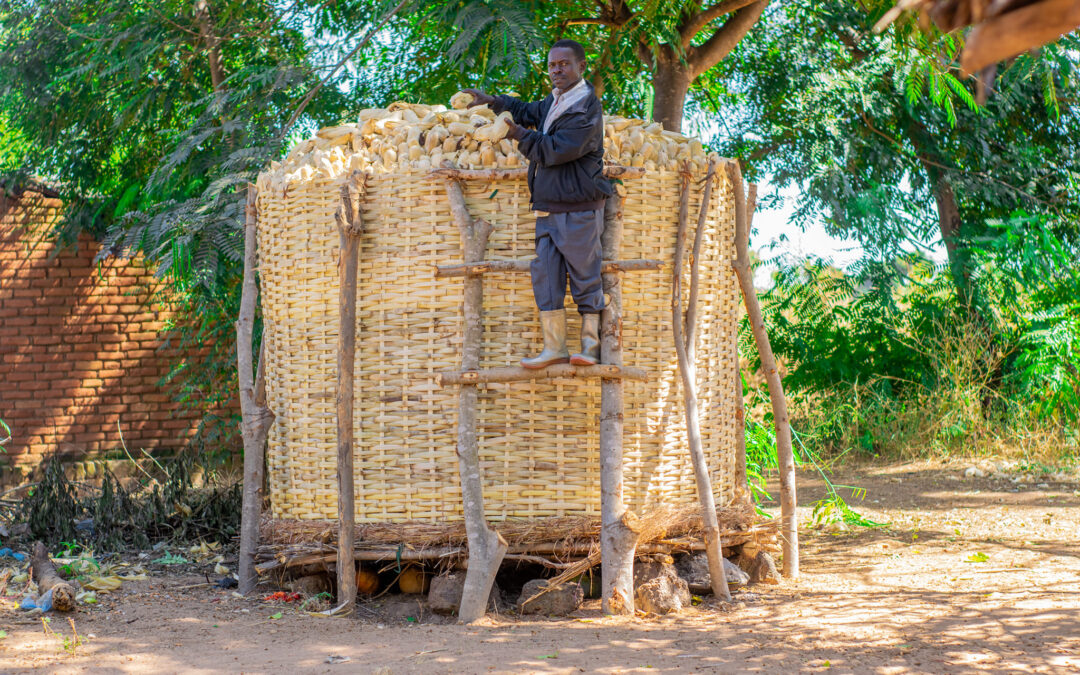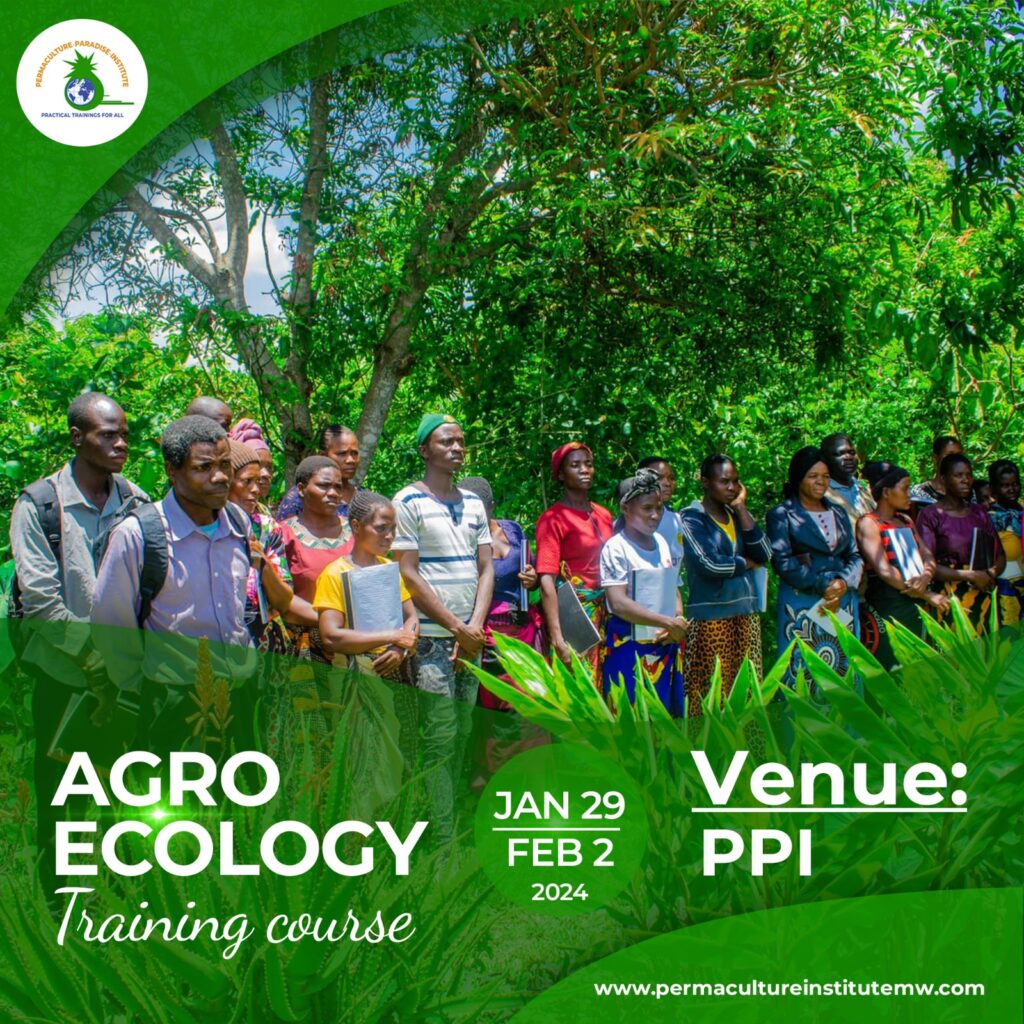In just 46 days, a group of dedicated farmers in Malawi has defied the odds, demonstrating the incredible potential of permaculture and agroecological systems. Armed with the knowledge gained from their recent graduation, these farmers embarked on a mission to revitalize their compacted and depleted soils, turning barren land into flourishing food gardens. Through the implementation of raised beds and the strategic use of compost, they have not only nourished their crops but also fostered a thriving soil ecosystem. This remarkable journey showcases the profound impact that permaculture and agroecology can have in addressing issues such as hunger, malnutrition, and climate change while promoting genetic diversity and sustainability.
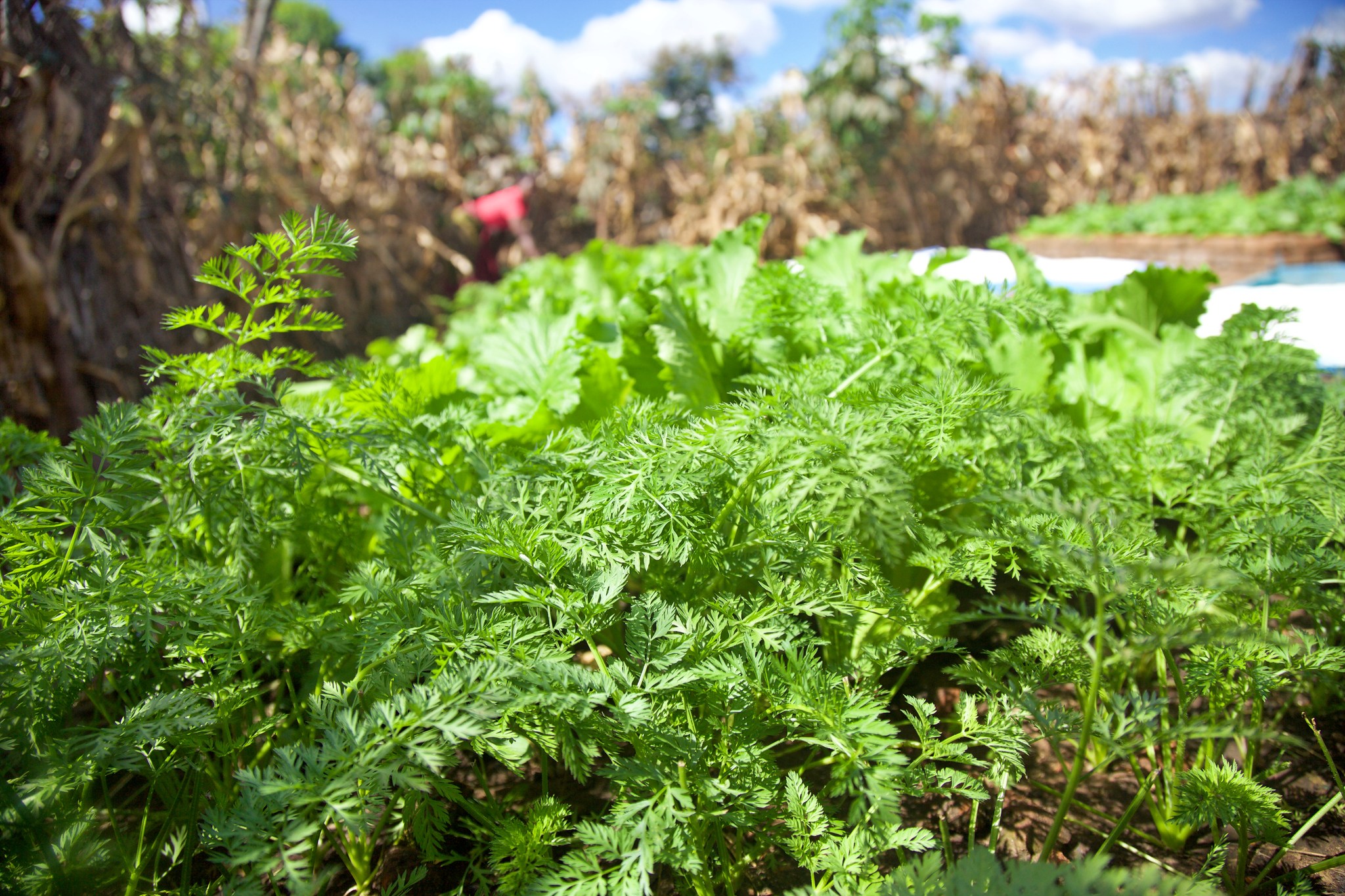
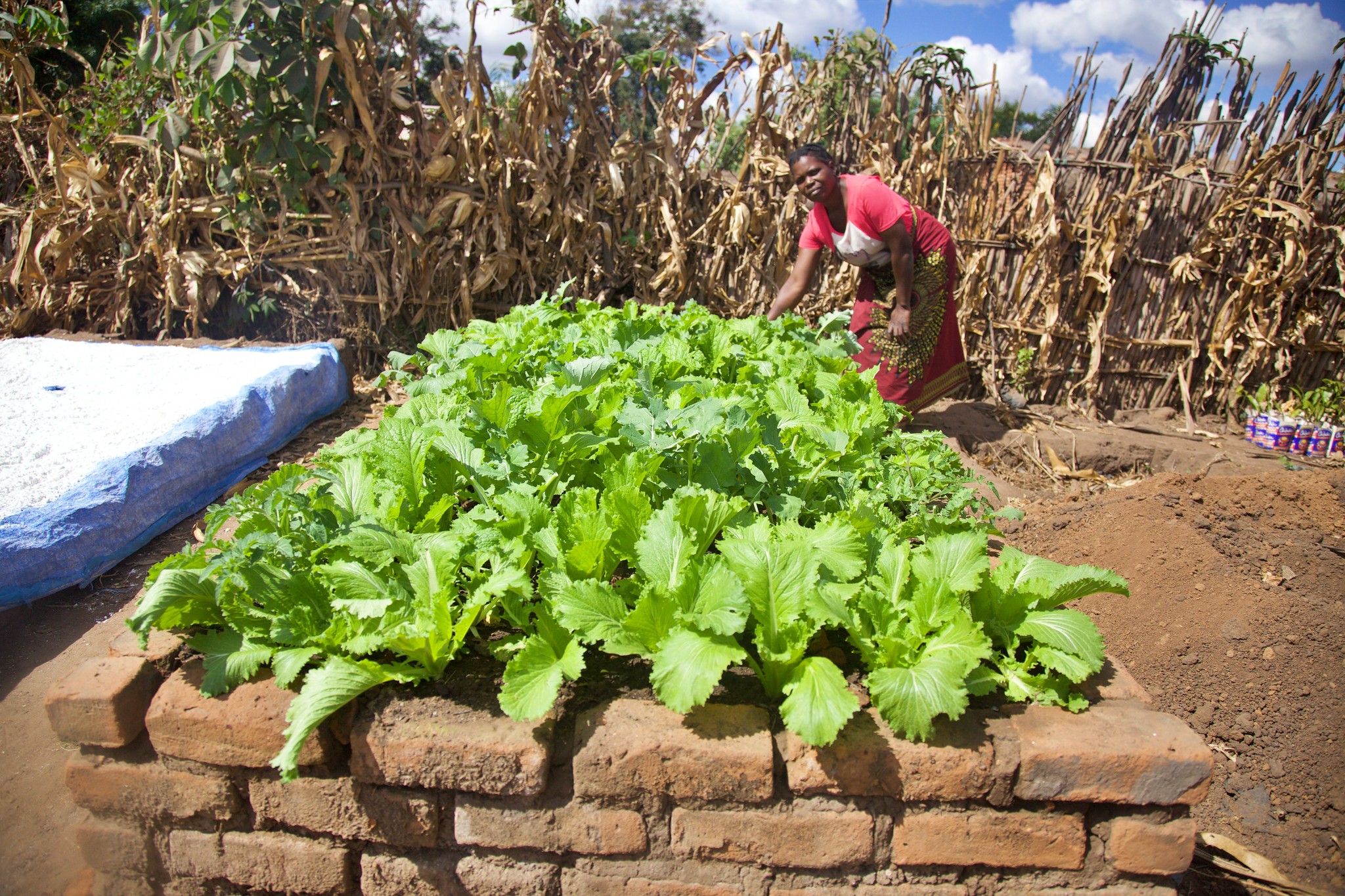
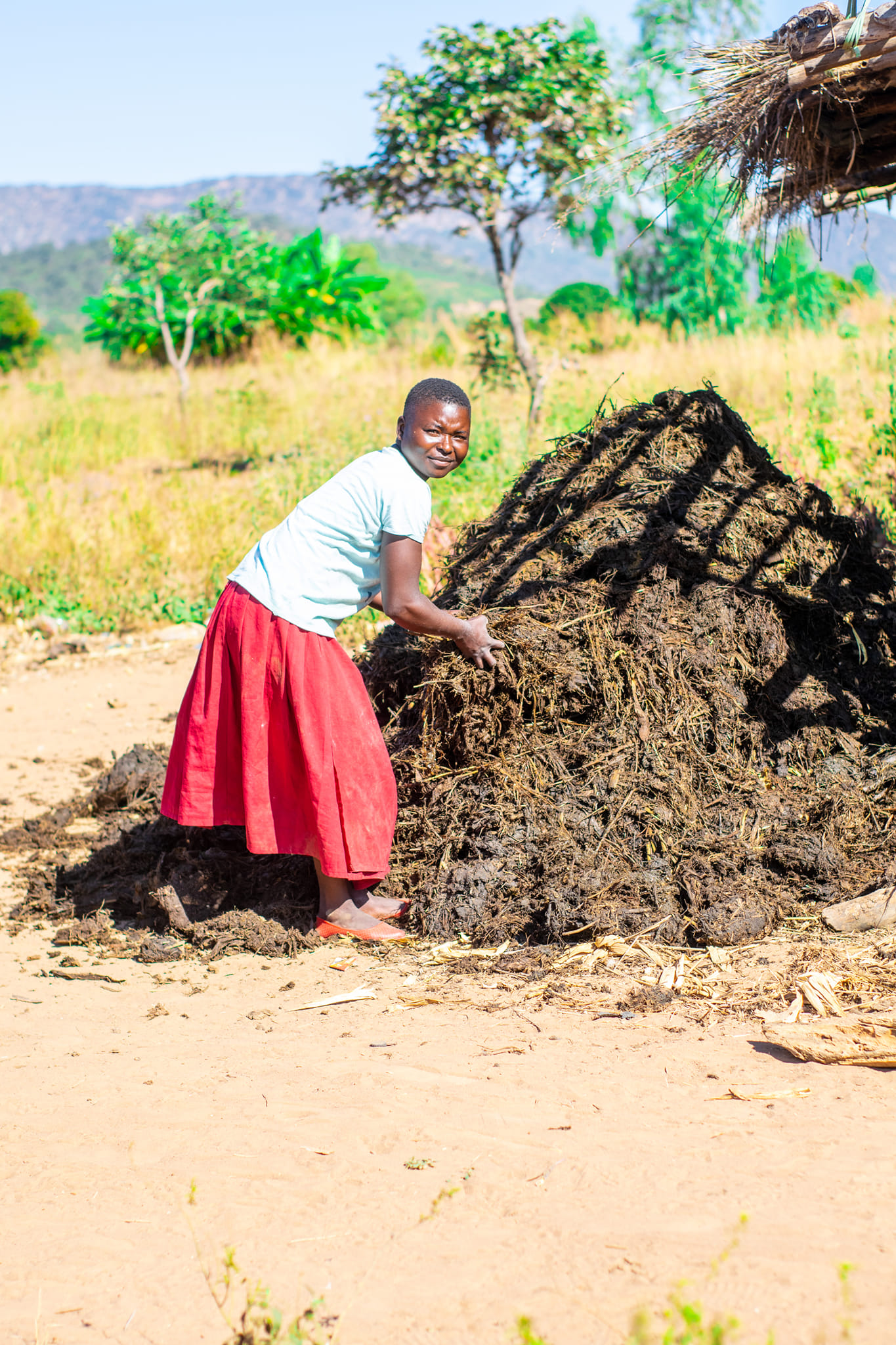
Feeding the Soil to Feed Ourselves
Recognizing the critical importance of soil health, these farmers have harnessed the power of compost to rejuvenate their land. Their compost-making campaign has yielded phenomenal results, utilizing a range of locally available materials such as crop residues, animal dung (including human manure and urine), and other organic waste. By nourishing the soil with such rich organic matter, the farmers have witnessed firsthand the transformative potential of feeding the soil to ensure abundant harvests. Embracing the belief that well-fed soil will ultimately feed us, they have set out on a journey of soil restoration and sustainable agriculture.
With an abundance of hibiscus harvested this year, these farmers have ventured beyond the traditional reliance on maize, offering alternative solutions to address hunger, malnutrition, and climate change. Recognizing the drawbacks of genetic uniformity, they have championed genetic and species diversity. Despite having access to only half the usual amount of seeds, they have managed to produce 200 kilograms of diverse crops. The harvest not only provides sustenance but also opens doors for income generation within the local market. Among the alternatives, roselle emerges as a crop that requires fewer inputs while catering to farmers who cannot afford expensive and harmful conventional farming practices.

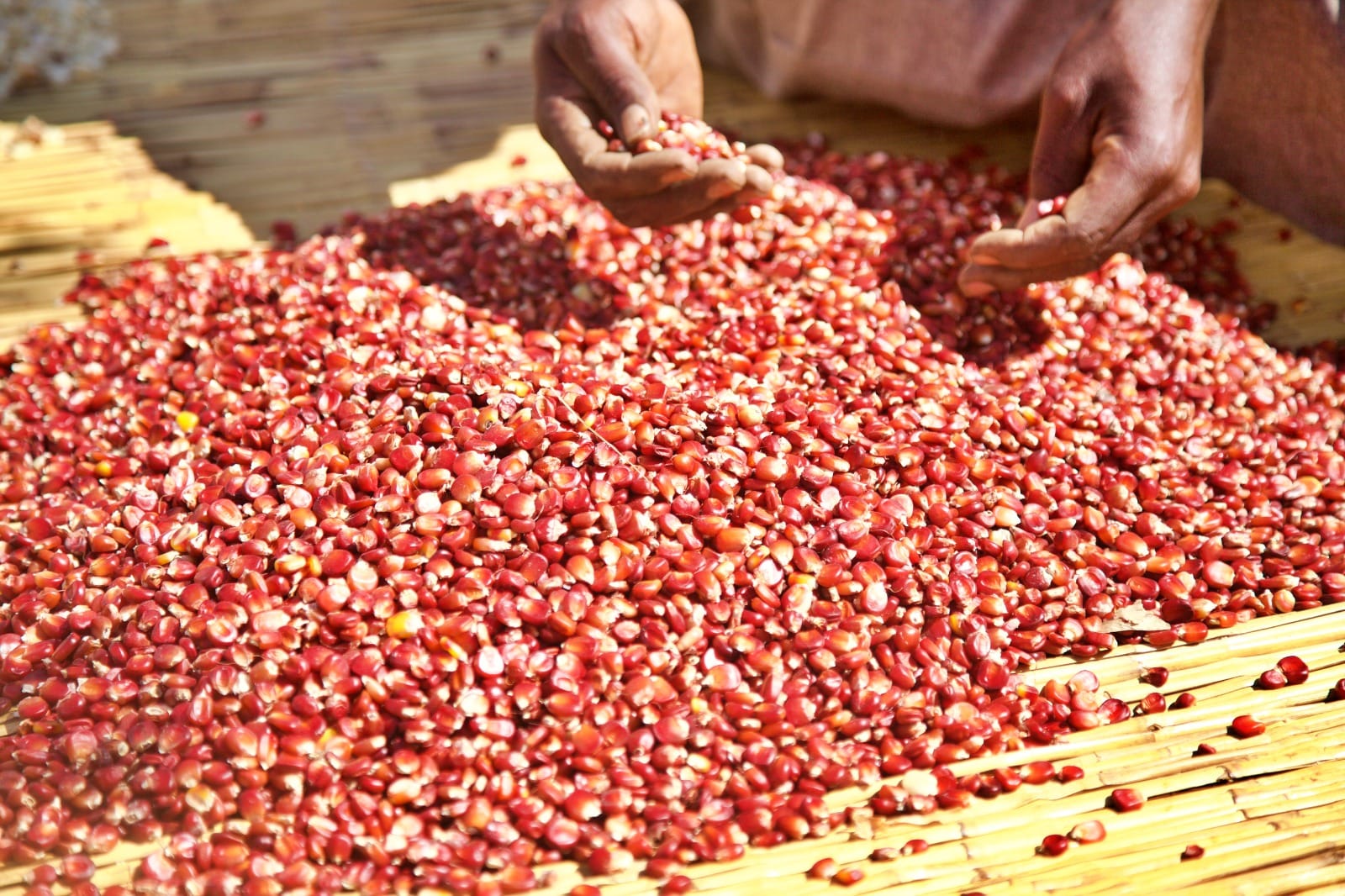

Organic Seeds: Empowering Farmers
Celebrating a bumper harvest of open-pollinated variety (OPV) maize, the farmers have taken a momentous step toward self-sufficiency. They are saving their own organic seeds for the next season, thus reducing their reliance on external inputs and cutting costs. This shift away from conventional farming methods towards permaculture and agroecology marks a pivotal moment for these farmers, who are now realizing the potential of sustainable practices. Maize cultivation is coupled with agroforestry trees, which not only provide biomass but also contribute to soil fertility. Different varieties of maize, characterized by diverse colors, have been introduced to promote genetic diversity and resilience.
The bountiful harvest of groundnuts, or peanuts, serves as a testament to the farmers’ deepening understanding of the advantages of ecological, economic, and social diversity. These legumes are grown alongside maize and other high-demand crops, offering both nutritional benefits and income opportunities. By embracing diversity in their agricultural practices, the farmers are effectively addressing malnutrition while bolstering the resilience of their local food systems.
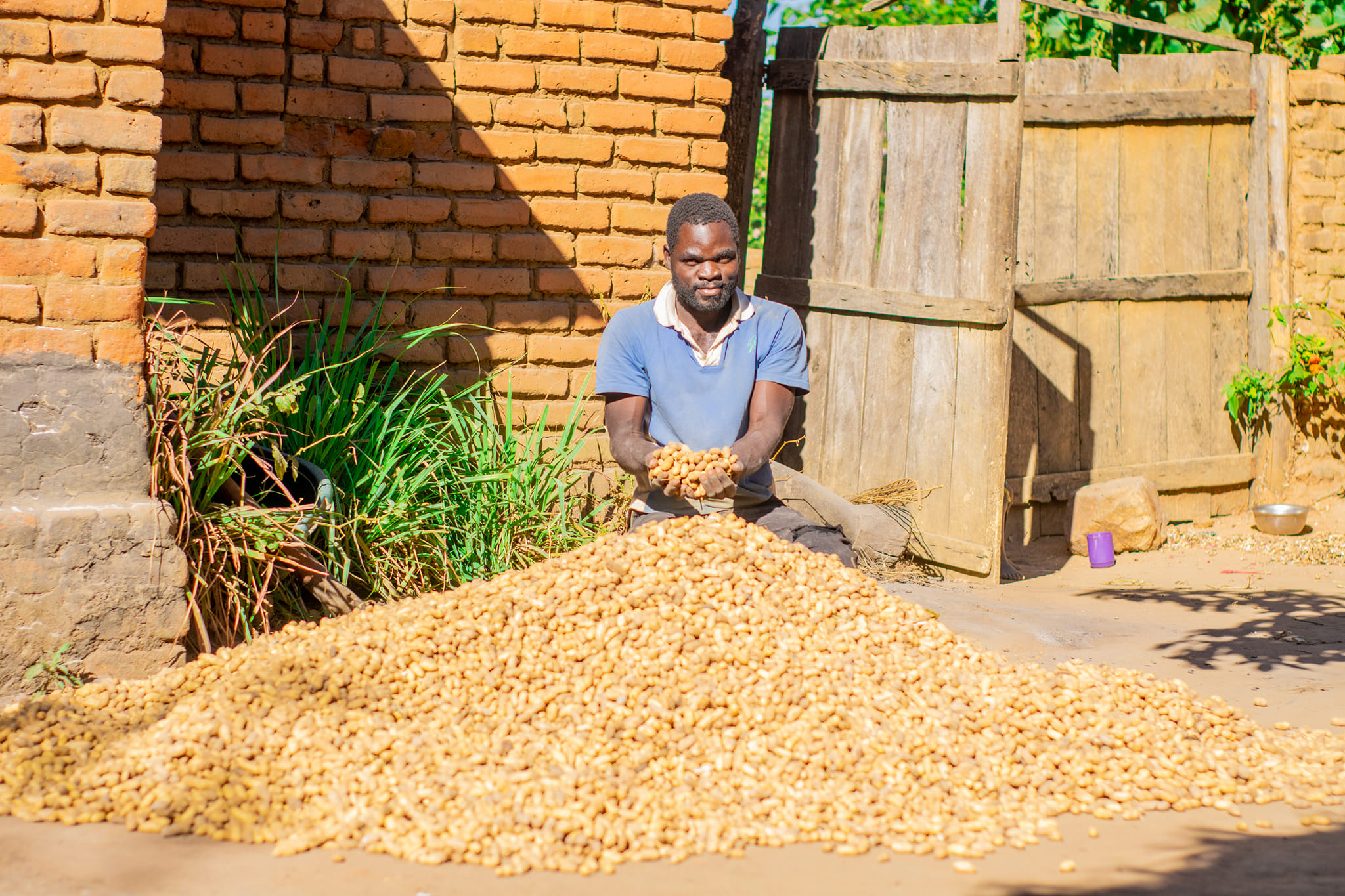
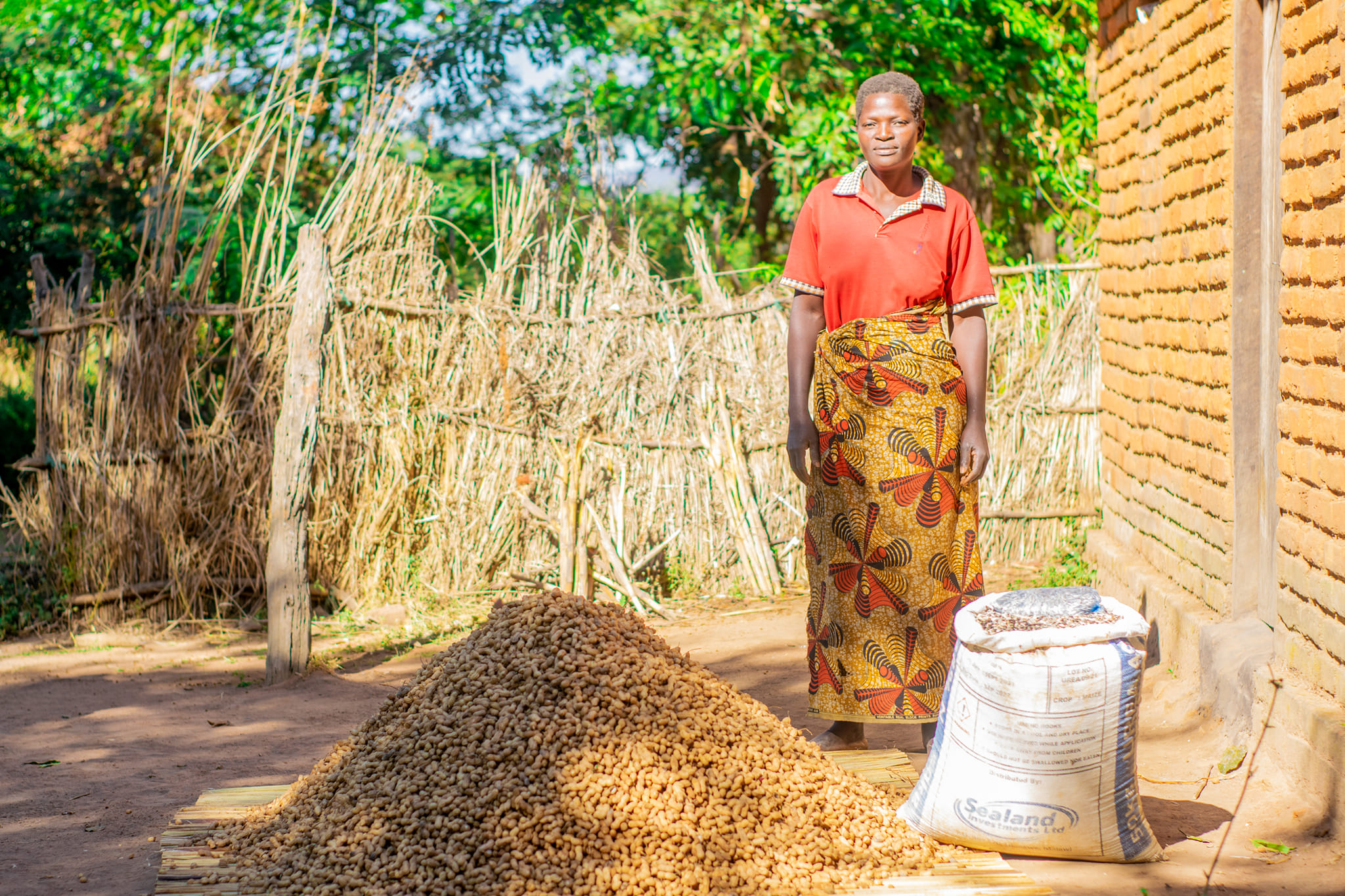
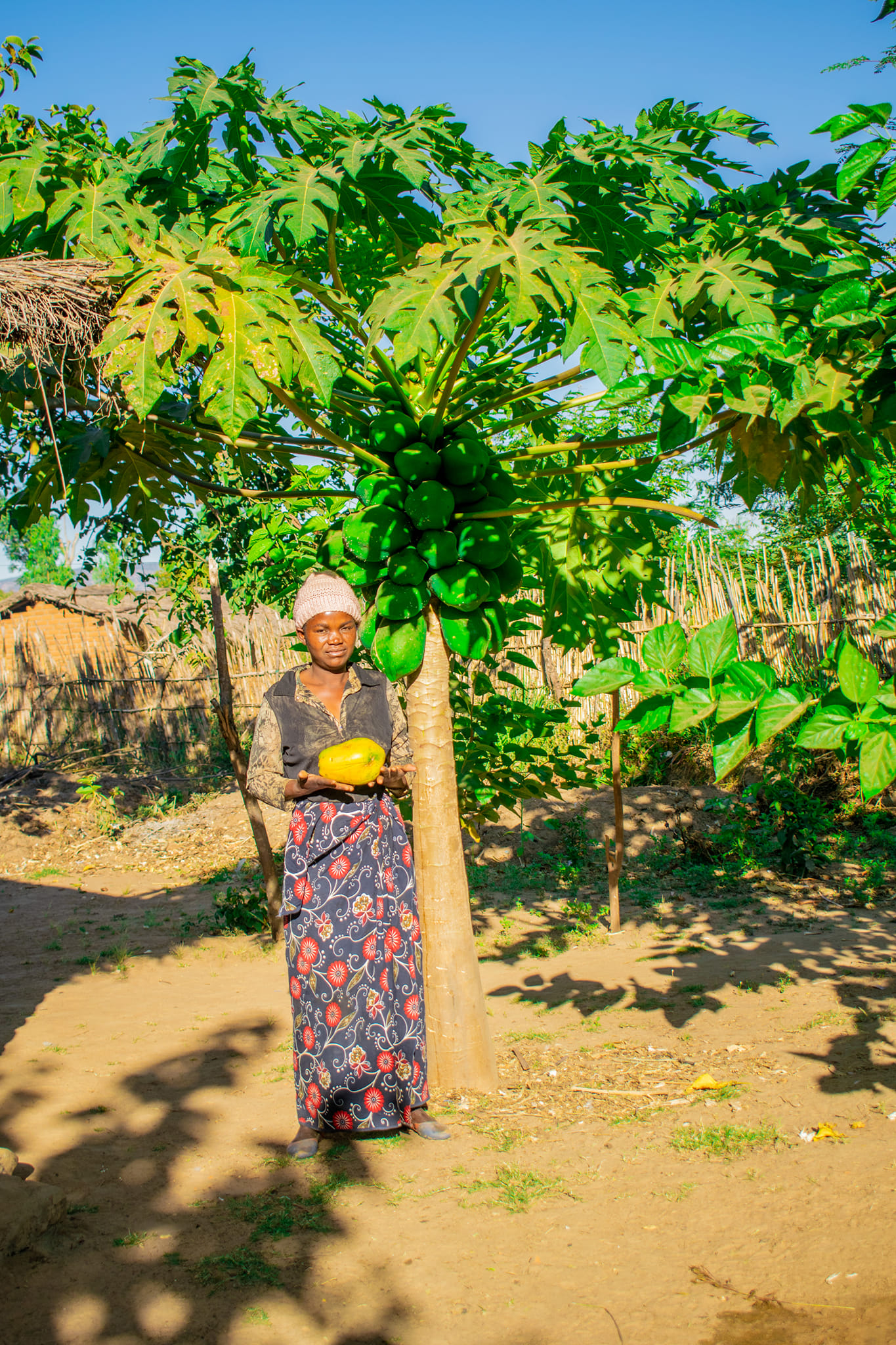
Fruits of Resilience: The Rise of Papayas
As papayas ripen and become ready for harvest, farmers are witnessing the transformation of once-barren homesteads into productive food forests. The establishment of these fruit-bearing ecosystems has not only minimized wasteful energy and resource consumption but also contributed to increased food production. In just a single rainy season, the farmers have managed to supplement their maize-centric diets with an array of fruits and vegetables. Their ultimate goal is to empower all Malawians to cultivate their own food and foster systems that go beyond mere sustainability, culminating in resilience and food sovereignty.
The success of these farmers in revitalizing their land and diversifying their crops stands as a testament to the power of permaculture and agroecology. Through their unwavering dedication, they have harnessed the potential of compost, genetic diversity, and sustainable practices to address local challenges such as hunger, malnutrition, and climate change. By prioritizing soil health, embracing diversity, and cultivating food forests, they are laying the groundwork for a resilient and self-sufficient future. Their journey serves as an inspiration for communities worldwide to embrace these local solutions, unlocking the transformative power of permaculture and agroecology in nourishing both people and the planet.

